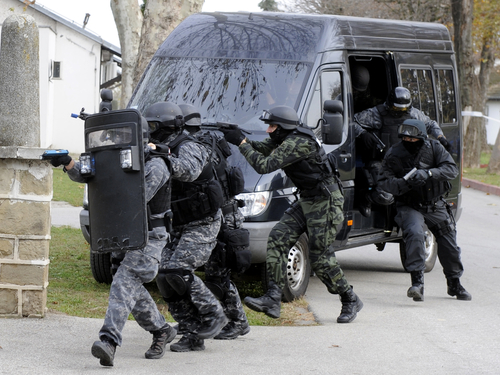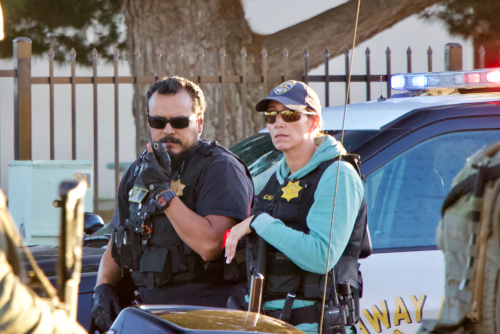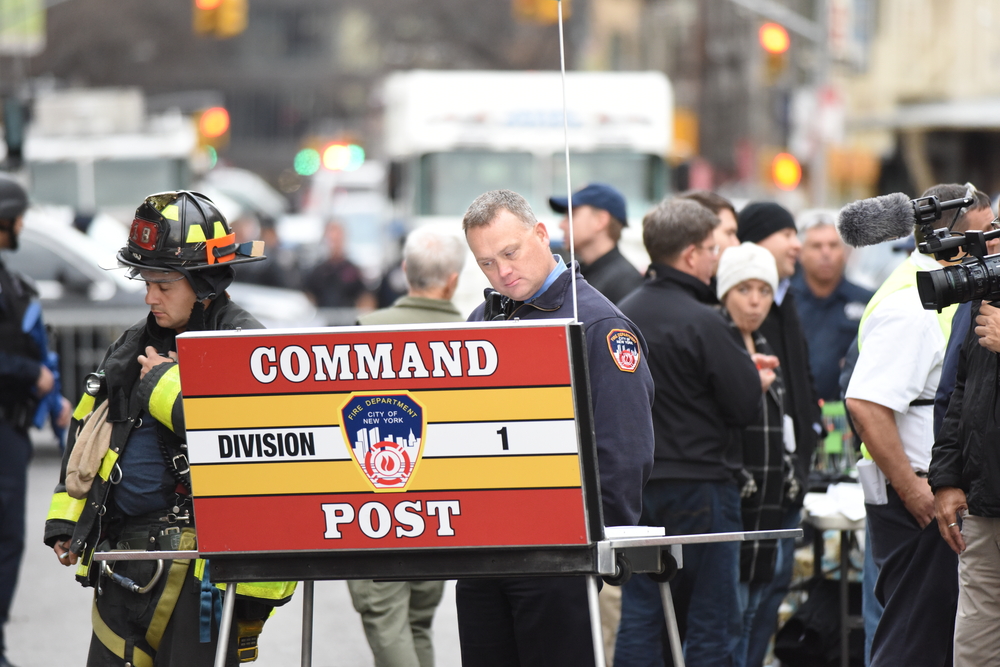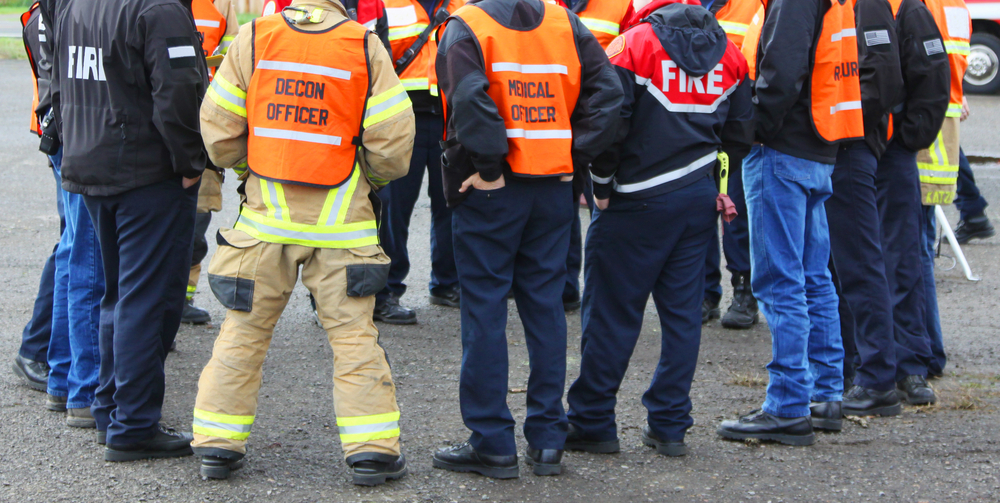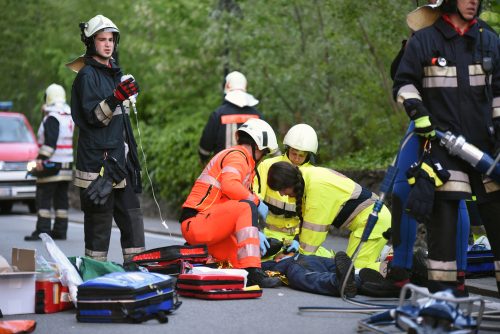Emergency Medical Services (EMS) is a constantly evolving profession. When you’re responsible for high-pressure medical interventions, it helps to be up-to-date with the latest developments in medical technology and best practice. The latest edition of the EMS Trend Report from ems1.com showcases insights and trends that help you stay at the leading edge of emergency medical care.
Here are the 5 key themes from EMS Trends 2020:
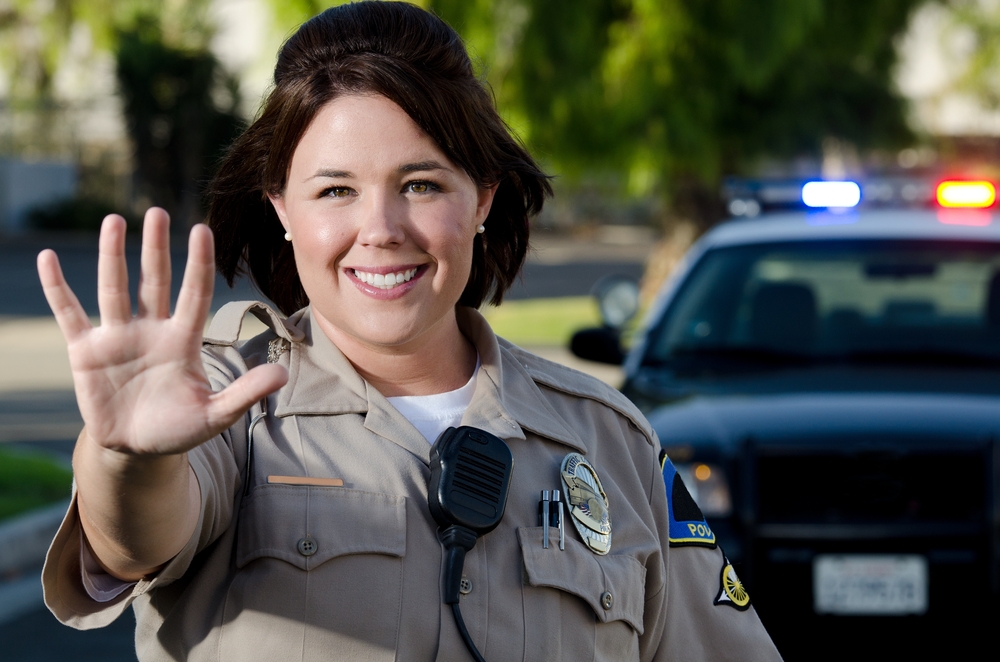
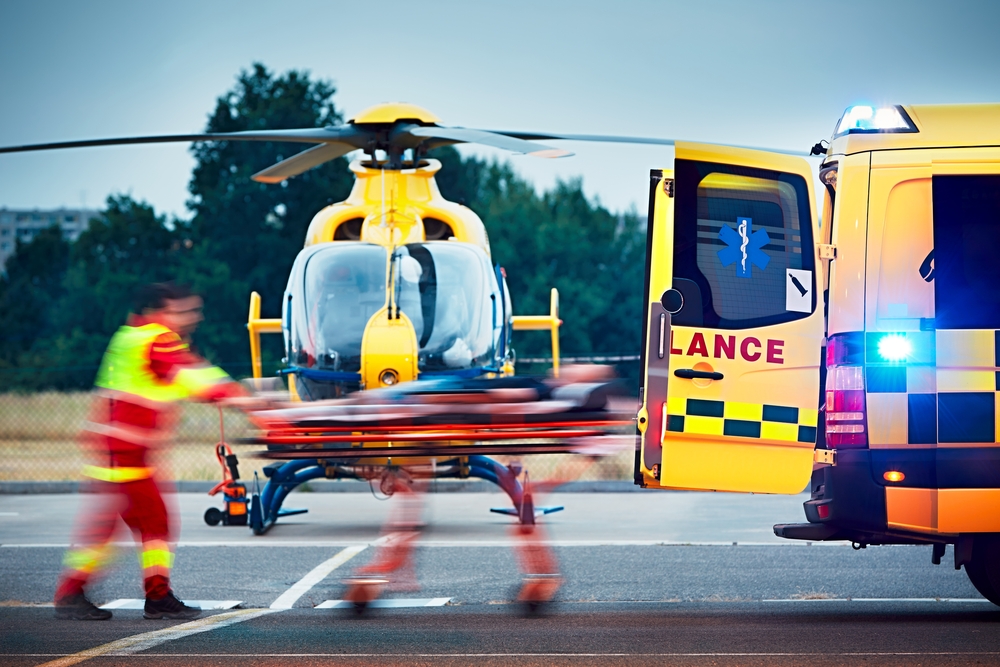
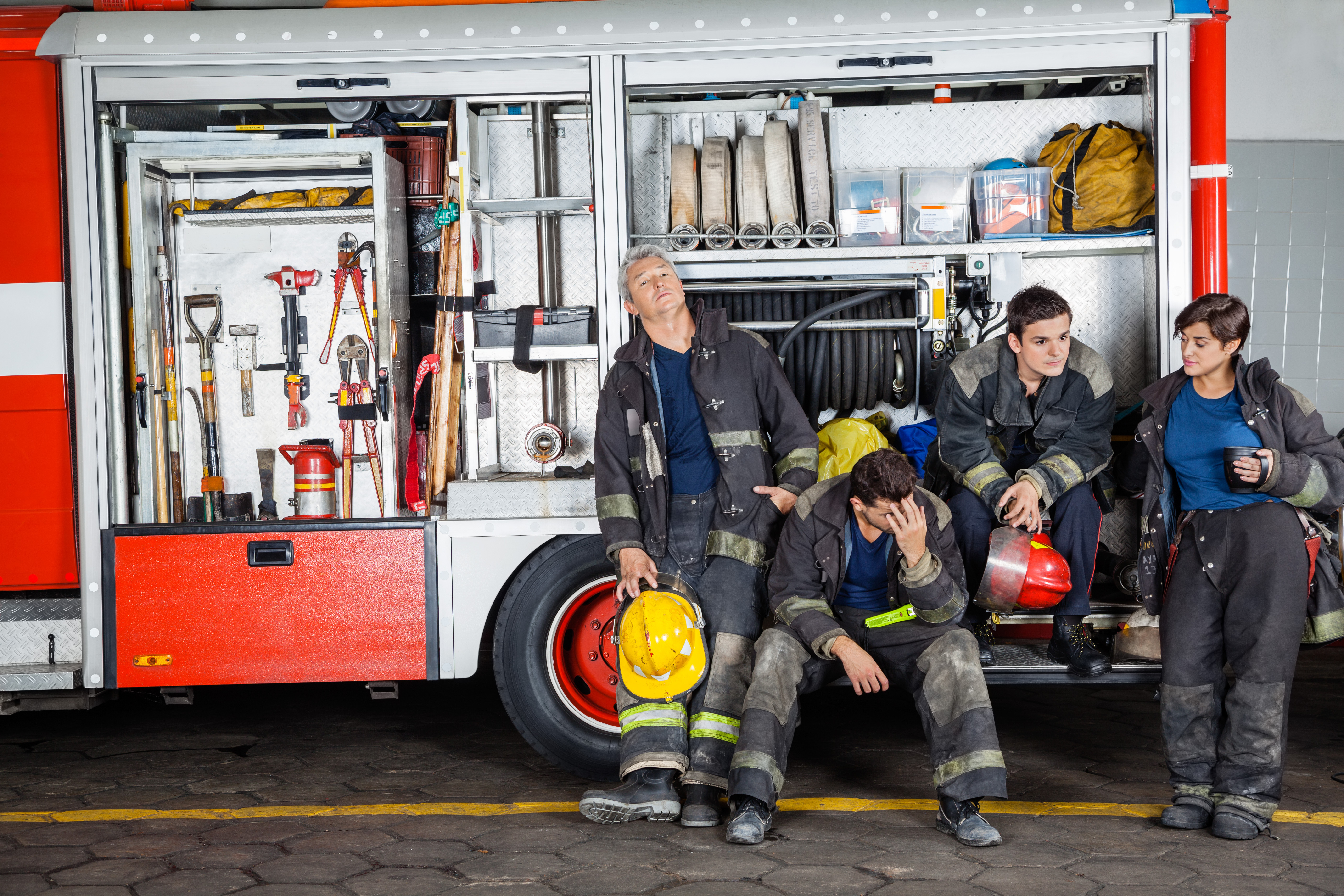
.jpg)

